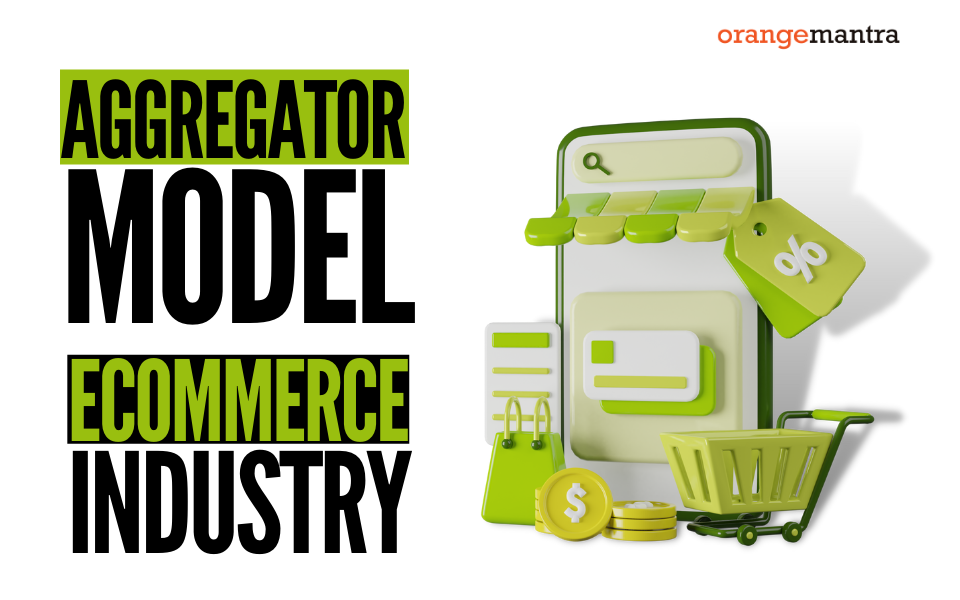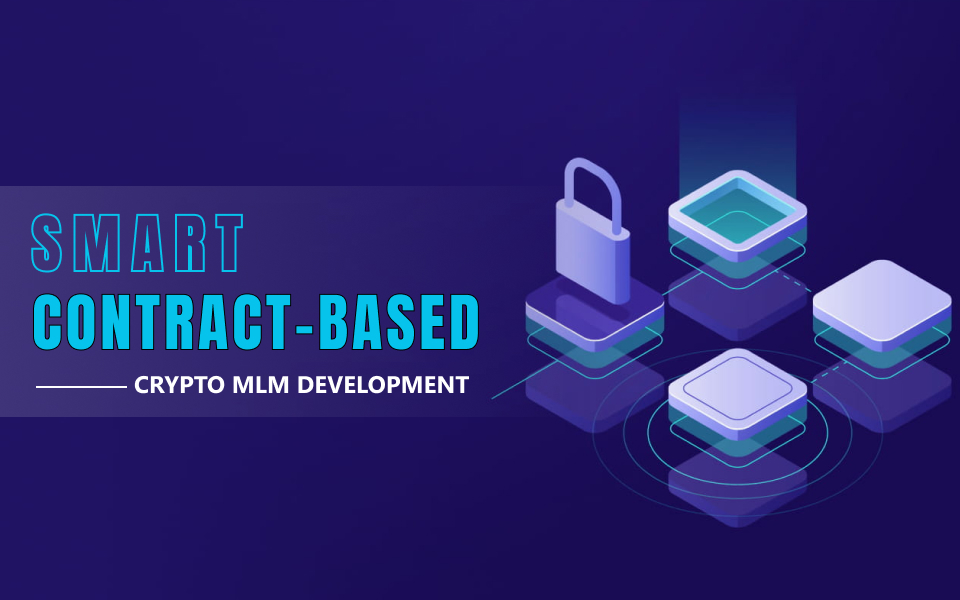As an adept entrepreneur, you would agree that disruption and innovation are the new mantras to outperform amid the intensifying competition. So, either you could be part of the disruption or dare to oppose it. But you cannot ignore it. With the growth of multi-million-dollar businesses like Ola, Uber, Oyo Rooms, etc., another colossus of disruption has emerged – The Aggregator Business Model.
This blog post intends to take you into a deep dive into how the aggregator model impacts eCommerce web development for startups and enterprises.
The eCommerce industry has been prevalent for decades now. However, the advent of this new disruptive force is starting to transform the entire eCommerce industry. Merchants and retailers were prompted to adopt the e-aggregator model, revolutionizing the online payment process. And all of it made online shopping hassle-free by offering myriads of options. Due to this influence, the aggregator business model is increasingly rising in popularity and usage across the globe.
eCommerce Transformation Using the Aggregator Model
As online shopping has become a prominent activity amongst customers today, aggregators like Flipkart and Amazon have emerged as a go-to platform for customers. eCommerce aggregators provide customers with an easy way to choose products while also avoiding unwanted expenditure by showing price range comparisons among different stores within their proximity. Moreover, it also sets the entrepreneurs free from the burden of inventory management, product listing, and brand-building investments. It’s among increasingly popular models entrepreneurs are adopting, such as hybrid eCommerce.
So, if you’re looking forward to investing in an eCommerce development agency, consider this business model, especially if you’re a newbie in the industry.
Here are some proven ways to use an aggregator business model to transform your eCommerce
Brings Buyers and Sellers on a Single Platform
An aggregator brings customers and vendors together in one place. These platforms ensure transparency in pricing, shipping information, payment options, and guarantees that are far better than what is offered by physical stores.
Aggregators provide a convenient way to browse different products from sellers from all over the world. They handle your store setup by providing their technology and advertising opportunities which reduces the time and cost of eCommerce web development.
Makes Shopping Hassle-free
Ecommerce websites are the go-to places for customers as they provide an easy way to find and purchase any item while sitting at home. eCommerce aggregators like Amazon provide multiple sites to browse and purchase different products. Hence, customers can easily find the items they are
With an aggregator business model, customers enjoy numerous choices using filters that narrow
down their search and show them the most relevant products based on their previous searches and preferences. Some eCommerce aggregator websites also show comparisons of products from different store brands
Provides Relevant Recommendations and Reviews
Aggregators play a vital role in enhancing the eCommerce experience. These platforms not only provide product information but also help buyers make well-informed purchase decisions based on reviews and ratings related to the product quality, delivery, etc. The aggregator websites allow customers to review their purchases and share feedback about their shopping experience with their merchants.
Supports New Ideas and Innovation
Adopting the aggregator model for eCommerce web development is a great way to innovate and introduce new ideas into the market. Aggregators can support innovation and new ideas as they reach out to various industries to explore hidden gems that may not be visible otherwise.
Aggregators are an integral part of the eCommerce experience. They make the experience easy and seamless by leveraging AI technology, promoting the showcased products, or, at least, improving their visibility.
However, aggregators do now own the products displayed on their platforms. They invest in upgrading technology and innovation to offer shoppers an appealing shopping experience. Let’s say, for example, aggregators may harness the power of AI technology to provide personalized recommendations based on customers’ usage patterns, behavior, or inputs. This ensures an easy and seamless browsing process for customers.
Key Business Benefits of Using the Aggregator Model in eCommerce
The aggregator business model brings significant benefits to eCommerce entrepreneurs, especially startups that are stepping in to conquer the industry. Some of the important ones are listed below
Effective Data Analysis
The aggregation business model enables you to gather and analyze data faster and more efficiently by unifying the efforts of numerous contributors. it will allow your company to make decisions quickly based on valuable data, instead of wasting time analyzing outdated or irrelevant data.
Exploring Global Market Trends
Aggregators provide an effective way to stay updated with new global trends. These platforms scour plenty of sources and organize them into a single, easy-to-read page that contains the latest news articles and social media posts about an event or story.
Enhanced Data Security
Using the aggregator business model helps you ensure data security. As all the data is stored in one place, it is much easier to protect data from breaches or cyber-attacks. Furthermore, providers always make sure to offer a private network for clients, which protects them better than any other solution on the market today.
Reduced Costs
Another advantage of using the aggregator model for eCommerce web development is reduced costs. Customers don’t need to spend hours looking for deals on their own or have multiple accounts with different retailers and eCommerce stores they no longer use. They can simply log into an eCommerce aggregator’s website if they want new products delivered right to their doorsteps.
Seamless User Experience
Aggregators are an effective way to enhance your user experience. Aggregating content from various sources can give you access to more information and facilitate the good organization of the material found online.
eCommerce Web Development for Implementing the Aggregator Model
An eCommerce development agency follows a systematic process for building aggregator websites. The process involves:
-
Understanding the business goals, you want to achieve
-
Evaluating the SaaS application requirements of your business
-
Conducting extensive industry research to know about what your competitors are doing
-
Knowing your target customers and their preferences
-
Identifying eCommerce web development trends
-
Planning your design process based on the gathered requirements. The eCommerce development agency follows the best practices for eCommerce website design and development.
-
Obtaining feedback from your known for the first draft of your website design
-
Making necessary changes suggested by them
-
Test the website and analyze its performance on multiple devices and platforms
an eCommerce aggregator website, you need to consider the following factors:
-
Careful selection of your target audience and products
-
Emphasizing selling, investing, and finding competitors
-
Custom designing and development approaches
-
Hiring an experienced eCommerce development agency
-
Devising effective strategies with the help of marketing experts
How Our eCommerce Web Development Team Can Help
Launching a successful eCommerce aggregator website can be a challenging task without the help of a professional eCommerce development agency like Orange Mantra.
You’ll need to build an appealing, modern interface for your customers along with seamless navigation that will help them find their preferred products easily and quickly while ensuring that the website is responsive across multiple devices. You can hire eCommerce developers from us to build an aggregator website from scratch or transform an existing website into a tailored one.

























